Should You Cash Out Your 401K When You Change Jobs?
I recently came across an eye-opening article in the Hartford Business Review, which revealed that 41% of people who changed jobs cashed out their retirement plans. This got me thinking: Is cashing out your retirement savings when leaving a job always the best choice? Let’s take a closer look at why this might not be such a good move and explore some alternatives that could be more beneficial for your long-term financial future.
Changing Jobs: A Common but Risky Move
Did you know that statistically, you’re likely to change jobs several times before you retire? In fact, a Pew Research survey found that 30% of Americans changed jobs in 2024 alone. Often, people leave jobs in search of higher pay, which is great for increasing your income, but it can come with consequences for your retirement savings.
Every time you switch jobs, it’s important to manage your retirement savings carefully. Too many people opt to cash out their 401(k) or other retirement plans when they leave a job. Unfortunately, many employers are doing little to prevent this, and this can have serious long-term implications for your financial future.
The Reality of Retirement Savings
According to Nerd Wallet data from 2024, the median 401(k) balance for people between the ages of 55 and 65 was $87,571. While this may sound like a decent amount, it’s far from enough to sustain you throughout retirement. For many middle-income Americans, this balance might last only 5 years—if you’re lucky. And that’s before factoring in your partner’s retirement savings and Social Security.
Cashing out your retirement plan when you leave a job can wipe out a large chunk of that balance. You’ll likely have to pay taxes on the money, and if you're under 59 ½, you could face an additional 10% early withdrawal penalty. Between taxes and penalties, you could lose 40–50% of the amount you’re cashing out. And once that money is spent, it’s gone. So, it’s crucial to think twice before pulling the trigger on cashing out.
The US is Unique
It’s important to note that the United States is one of the only developed countries where it’s so easy to access retirement funds before retirement age. In many other countries, you can’t access your retirement savings unless you can prove a significant financial hardship. It’s designed to encourage people to save for retirement rather than dip into their funds prematurely.
So, What Are Your Alternatives?
If cashing out isn’t the best option, what are the alternatives? Here are a few you should consider:
Leave it in the Plan: If your 401(k) balance is over $1,000, many retirement plans allow you to leave your money where it is. If you're happy with the investment options and don’t want to deal with another account to monitor, this can be a simple, no-hassle solution.
Roll it Over to a New Plan: If your new employer offers a retirement plan, consider rolling your old 401(k) into the new one. The advantage of this option is that it consolidates your retirement savings into one place, making it easier to manage. However, there are pros and cons, and you’ll want to learn more about the plans before making this decision.
Roll It Over to an IRA: Another option is to roll your 401(k) into an Individual Retirement Account (IRA) or a Roth IRA, especially if you’re dealing with after-tax funds. This can give you access to better investment options and more flexibility. But again, there are important factors to consider, and it’s worth doing your research.
Why Are People Cashing Out?
Despite the better alternatives, so many people still choose to cash out their retirement plans. The Hartford Business Review article highlights a few reasons why this happens:
Automatic Cashing for Small Balances: Many retirement plans automatically cash out balances under $1,000 and send a check to the employee. Why? To save on administrative costs. But for employees, this is a dangerous practice—it makes it all too easy to spend the money when it arrives. One simple fix? Employers could stop automatically cashing out these small balances.
The ‘House Money’ Mentality: Another reason people cash out is because they feel like it’s not really their money—especially if the employer made most of the contributions. It’s like playing with “house money” in a casino. If the employer contributed a significant portion of the retirement savings, some workers may not view the funds as crucial to their future.
Complicated Roll-Over Processes: Sometimes, retirement plans don’t make it easy to roll over the money. Employees might receive confusing paperwork or not be fully informed about their options, leading them to take the path of least resistance: cashing out.
What Can Employers Do?
Employers can play a significant role in helping their departing employees manage their retirement savings better. The Secure Act 2.0, a relatively recent piece of legislation, allows employers to set aside up to $2,500 per employee per year for emergency expenses without affecting retirement funds. Encouraging employees to tap into this emergency fund can prevent them from cashing out their retirement savings in times of financial hardship.
Employers could also offer financial counseling through their retirement plan providers, like Vanguard, Fidelity, or Empower. These providers typically don’t offer personalized advice, but if they did, it could help employees make smarter decisions regarding their retirement savings.
Additionally, employers could work with services like The Retirement Clearinghouse, which helps people track down old 401(k) accounts and consolidate them, making it easier for employees to keep their retirement savings intact.
What Should You Do?
If you’re someone who’s changing jobs or has changed jobs recently, here’s what I recommend:
Don’t Cash Out: The most important takeaway here is to avoid cashing out your old retirement plan. Don’t let the short-term temptation of having a lump sum of cash today jeopardize your long-term financial security.
Find Ways to Keep Your Money Working: If you’re not ready to retire, keep your money invested. Look for ways to manage your expenses during a job transition, even if it means taking on part-time work for a while.
Help Others: Encourage your family, friends, and colleagues—especially younger people—to avoid cashing out their retirement plans. While it may not seem like much now, it could hurt them down the road.
Review Your Old Retirement Accounts: If you have old retirement accounts, it might be a good time to review them. Consider rolling them over to your new employer’s plan or opening an IRA with a trusted discount broker like Charles Schwab, Fidelity, or Vanguard.
Consider Professional Help: Finally, if you’re feeling uncertain about what to do with your retirement savings, consider working with a fee-only financial planner. They can help you evaluate your options and create a personalized strategy for your retirement.
In the end, the goal is to keep your retirement savings growing—so make sure you’re making the best decisions for your future.
If you have a question or topic that you’d like to have considered for a future episode/blog post, you can request it by going to www.retirewithryan.com and clicking on ask a question.
As always, have a great day, a better week, and I look forward to talking with you on the next blog post, podcast, YouTube video, or wherever we have the pleasure of connecting!
Written by Ryan Morrissey
Founder & CEO of Morrissey Wealth Management
Host of the Retire with Ryan Podcast





